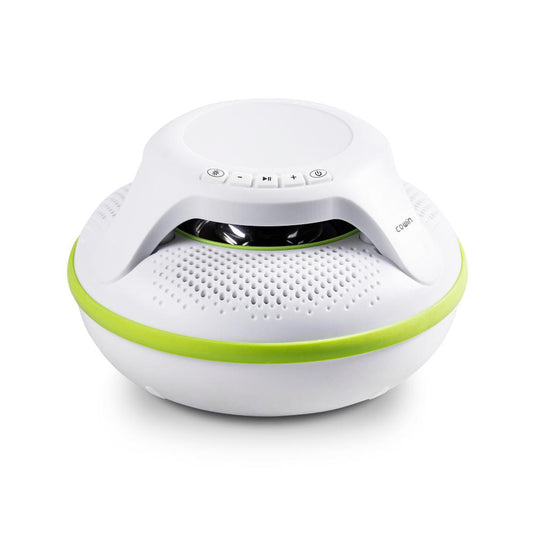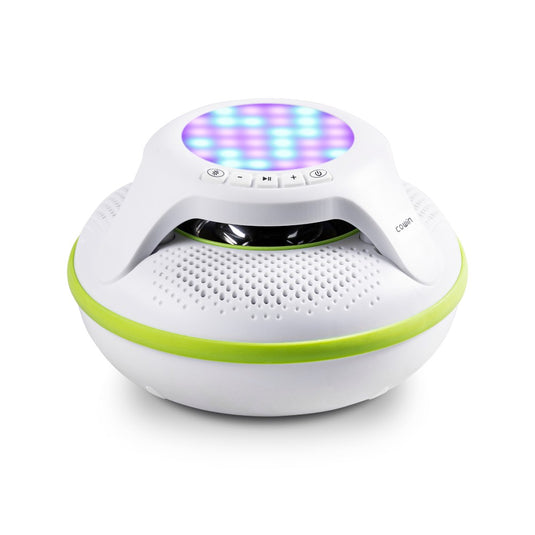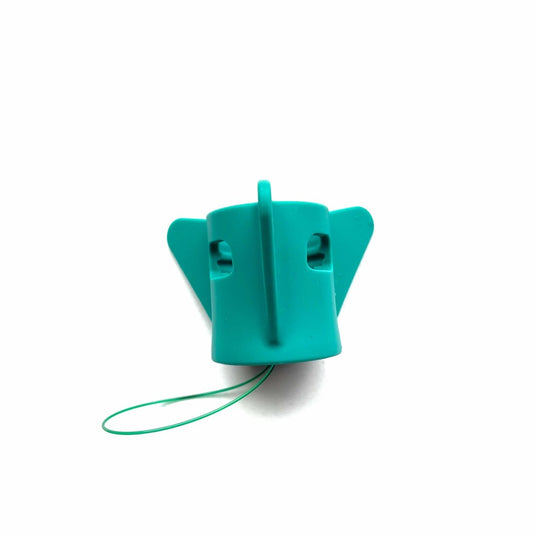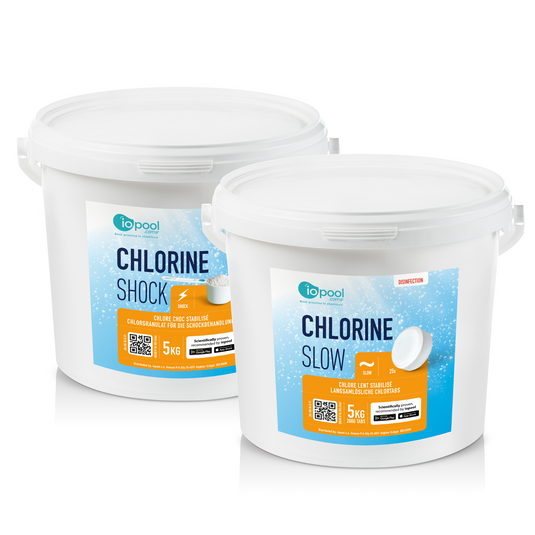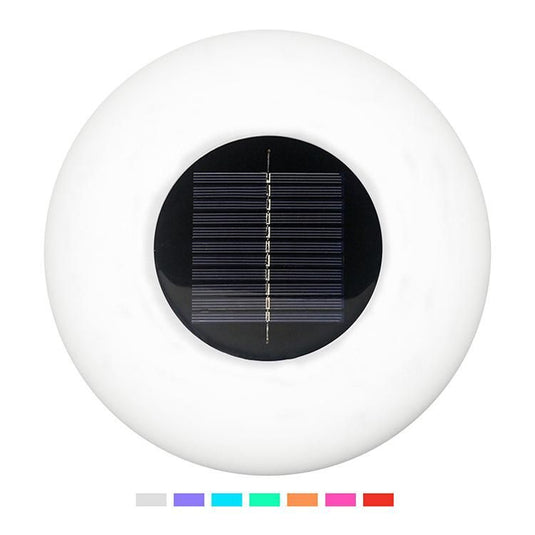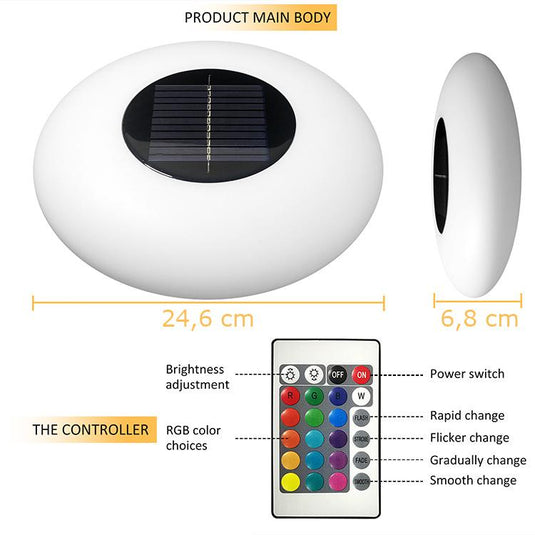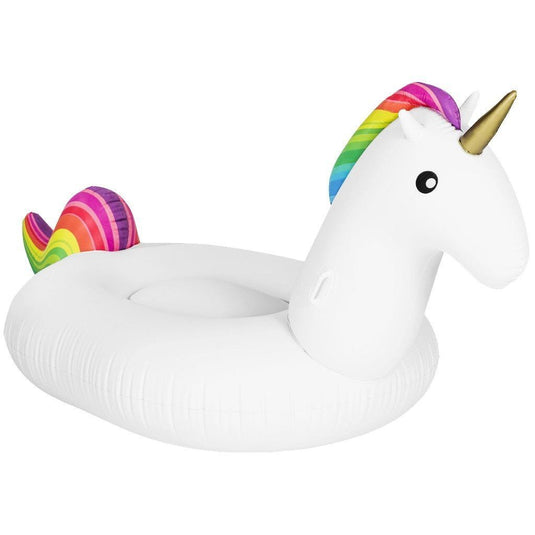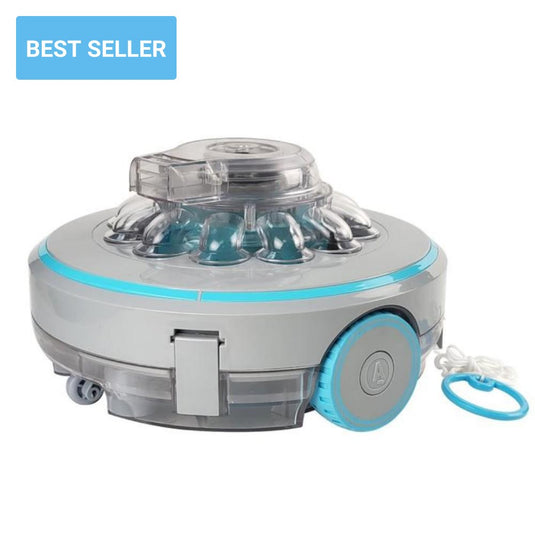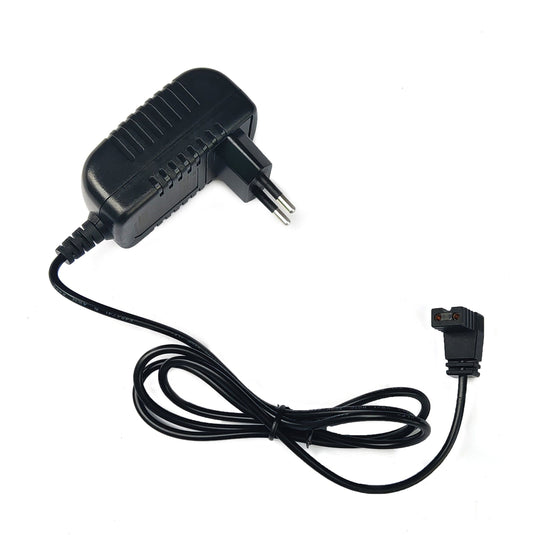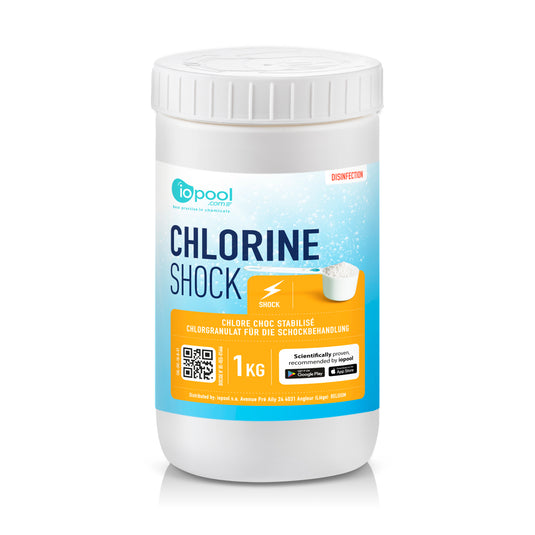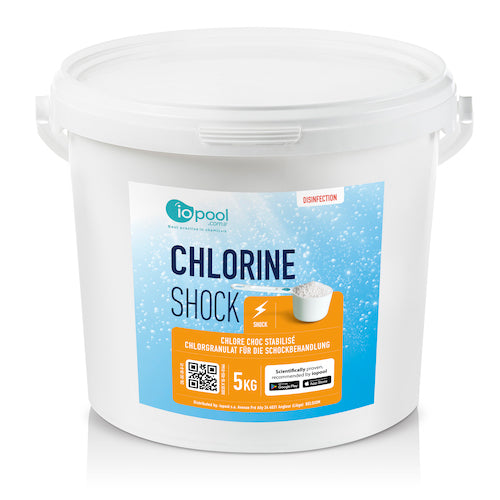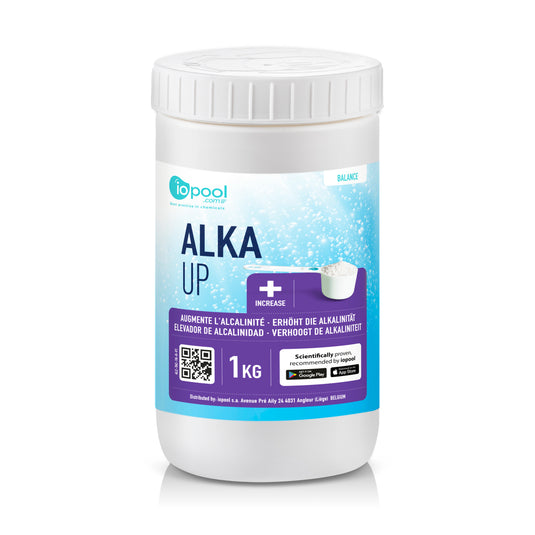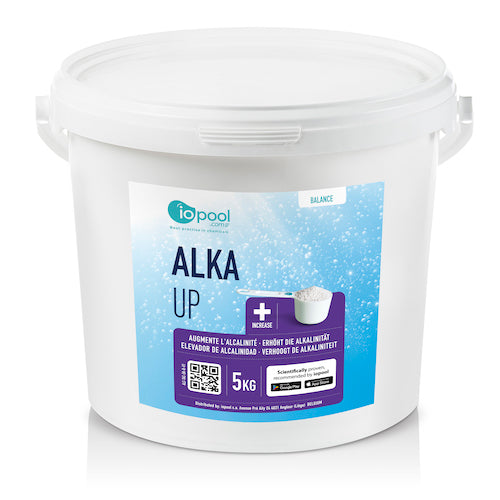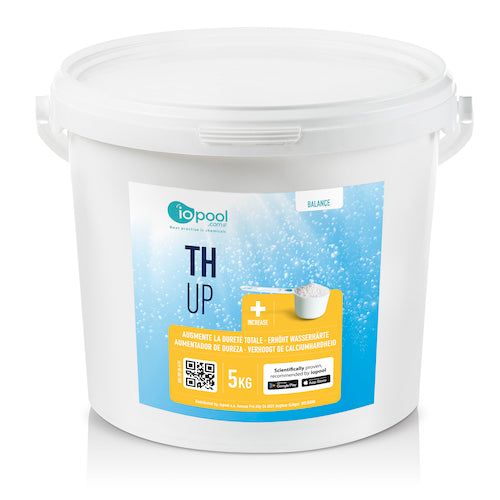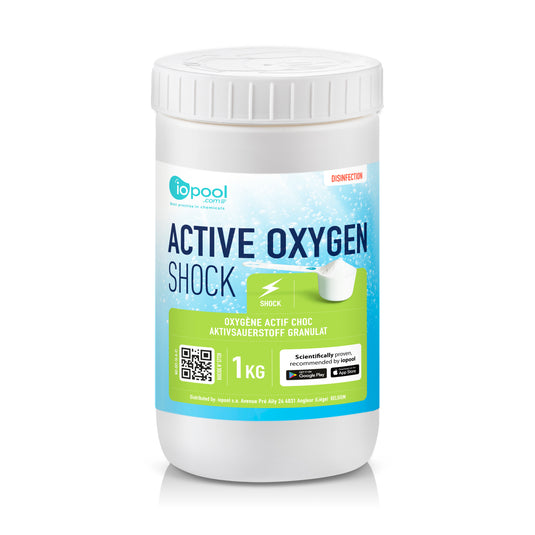How to Heat Your Pool and Keep It Warm: Affordable Guide
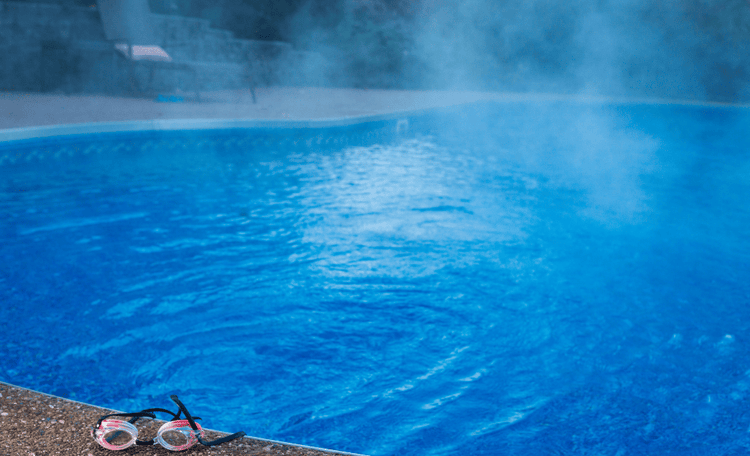
You don't have to wait until summer to take a relaxing dip in the pool. Proper pool heating lets you warm your water to a comfortable temperature and enjoy it even if it's a little chilly out. And pool covers the trap in the heat and keeps it warm all season long. In this guide, we highlight your pool heating options. We also go over the ways you can preserve heat.
Ways to Heat Your Pool
You have quite a few options for heating your pool — from traditional to solar pool heaters. Let's dive deeper into the different types:
Natural Gas or Propane Pool Heater
For this heating method, pool water goes through your heater. At the same time, a combustion chamber burns, warming the water before it returns to your pool.
Gas heaters are a standard option for pool owners. They're efficient and heat your water quickly.
But the Installation of these heaters can be costly. Installation can cost anywhere from $500 to $1500.
In addition, you have to pay to get it running — which typically ranges from $200 to $400 a month. Maintenance and troubleshooting can also be a hassle for many.
Solar Pool Heater
A solar pool heater is a great way to warm your water, reduce energy costs and shrink your carbon footprint.
How do solar pool heaters work?
Your pool water goes through a sequence of valves to your solar collectors. Then the water enters collectors through the button and rises to the top through individual tubes.
As the water rises, it's heated by the sun's energy. The warm pool water then returns to the pool, and the process repeats until your pool reaches the desired temperature.
Solar heaters are a pretty hefty investment. The unit itself could cost anywhere from $2000 to $4000 — depending on the panels installed. And Installation can cost between $3000 and $7000.
However, they are the most efficient heater on this list and could save you between $700 to $1,500 a year.
Heat Pump
A heat pump is an appliance that heats your pool's water, similar to traditional gas and electric pool heaters. It uses electricity to draw in warm air and moves it into the water to heat it.
These pool heaters rely entirely on the temperature as opposed to sunshine. A heat pump's ability to heat the water passing through it depends on the warmth of the air it draws in.
The warmer the air is outside, the warmer the pump will get and the warmer the pool.
As long as the temperature outside is warm enough (50 degrees F or higher), heat pumps can provide enough heat to get your pool nice and toasty. They also do it faster and more efficiently than other heating methods we've mentioned.
Solar Heater and Heat Pump Together
If your budget allows, you can install and run both heating systems.
Your heat pump will heat your pool to the desired temperature, and the solar heater will maintain the temperature. This allows your heat pump to work less (far less). An automated system can make these two methods work seamlessly.
What about when the sun isn't shining?
The heat pump will cover cloudy days and nights, and the solar heater takes over on sunnier days to maintain the heat pump's hard work.
Heat Exchanger
A pool heat exchanger uses hot water from your boiler — or solar-heated water circuit) to warm your pool.
There are two types of heat exchangers: tube-and-shell and plate heat exchangers. They both have unique heating mechanisms, but both works to help you achieve your desired pool temperature.
One of the advantages of heat exchange is that you can use it for both chlorinated and saltwater pools.
We invite you to discover our buyer's guide.
How to Preserve Heat in Your Pool
You've achieved the perfect pool temperature, but things like high winds and evaporation could cool down your pool water. A pool enclosure helps to protect your pool from winds and prevents evaporation — keeping your pool toasty and warm.
Not to mention, pool covers help keep out debris and rainwater, which makes pool maintenance a lot easier. If you have an above-ground pool cover, we have make a dedicated article on the subject.
Liquid Solar Cover
Like regular pool covers, liquid solar covers create a barrier that decreases evaporation. However, liquid pool covers are entirely invisible to the human eye.
Pros:
- Keeps heat and water from leaving your pool;
- No need to remove it when you want to swim in your pool;
- Non-toxic and safe for the environment;
- Safe for pumping and filtering systems;
- Only needs to be added once a month.
Cons:
- May be affected by the weather — especially in areas with high wind and rain;
- Won't keep debris out of your pool.
Solar Rings
Solar rings are a great option if you're not ready to invest in a solar heater but want to take advantage of solar heating. They're basically a solar cover but broken up into smaller rings that interlock.
All you need is enough rings to cover every inch of your pool. Then, they work their magic. They gently float on top of our pool and collect solar heat. Solar rings also do a great job of keeping your water warm.
For best results, choose solar rings that have tiny magnets inside — this way, they stay closer together and heat your pool efficiently.
Pros:
- A cost-effective way to heat your pool and keep it warm;
- It can be purchased in bundles to save money;
- Eco-friendly;
- Doesn't produce any operating costs;
- Helps protect the pool from debris and rainwater;
- Easy to inflate and deflate;
- Straightforward storage;
- Reduces pool water evaporation;
- Protects chlorine from being destroyed by UV rays;
- Suitable for all pool types.
Cons:
- Algae and debris may collect on the surface of the rings;
- Won't cover the entire surface of the pool;
- Inflating and deflating multiple rings can be a hassle;
- Need to replace every 3 years.
Solar Pool Cover
Your pool water naturally absorbs warmth from the sun. In fact, an average pool will heat up to 0.7 degrees per hour just sitting in the sun. However, this isn't enough to keep your pool water warm and intact.
Why? Evaporation.
The sun can heat your pool and cause evaporation. Your water could lose 5 degrees F for every quarter inch of water evaporated.
But a solar cover acts as a protective shield. Not only does a solar cover act as a shield, but it absorbs heat from the sun. This gives it the ability to prevent evaporation while enhancing heat retention.
There are quite a few solar pool covers on the market, but we recommend the SunnyTent for above-ground pools like Intex or Bestway.
The SunnyTent is an excellent alternative to other above-ground pool covers, and it helps protect your pool from environmental elements like rain, hail, and leaves.
Pros:
- Reduces heat loss;
- Helps save water by reducing water evaporation;
- Extends your swimming season;
- Reduces the consumption of chemicals — blocks UV rays from destroying chlorine;
- Prevents debris from entering your pool.
Cons:
- May involve extra work to remove the cover;
- Not as durable as other pool covers.
If you're interested by a SunnyTent, you can buy one on our shop right here.
Which Pool Heating and Preservation Method Do You Prefer?
There are many ways you can heat your swimming pool and preserve heat. The method you choose boils down to your personal preference and budget.
Once you've achieved warm and relaxing pool water, it's essential to check its chemistry regularly. Changes in water temperature can impact chlorine levels. So make sure you are keeping tabs on your pool's chemistry with a pool monitor.
The iopool monitor allows you to check pool chemical levels from your mobile app.
Check out our shop for everything you need to maintain a healthy pool.

